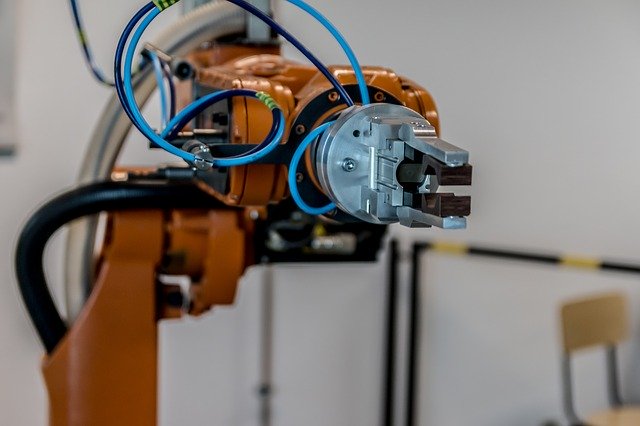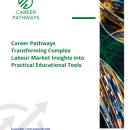
jarmoluk (CC0), Pixabay
It is worth thinking about how the COVID-19 pandemic will effect the future development and implementation of AI and automation. Of course such speculation is problematic - there are many factors coming into play - not least the length of the crisis and the impact of the resulting economic downturn on economies and on business.
A paper by Adnan Seric and Deborah Winkler published by the World Economic Forum suggests "COVID-19 could spur automation and reverse globalization – to some extent."
Providing as an example current supply shortages of critical medical equipment, for example Personal Protection Equipment in the UK, they say: "The current COVID-19 pandemic has fully exposed the vulnerabilities of global value chains (GVCs) which are characterised by high interdependencies between global lead firms and suppliers located across several continents."
They go on to say that: "Long before the COVID-19 pandemic, in an effort to mitigate supply chain risks, increase flexibility, and improve product standards, global lead firms have relied on Industry 4.0 technologies, such as robots, 3D printing, and smart factories, and occasionally reshored parts of their production."
Adnan Seric and Deborah Winkler think the current crisis further spur automation and reshoring in Global Value Chains reducing reliance on "low-skill, low-cost labour in manufacturing" and production moving to a more regional basis, closer to final consumer markets. However they think it unlikely that entire supply chains will be automated in the short term due to a shortage of skilled workers who are able to operate the machines and the cost of automated production for products with low value-to-weight ratios.
Furthermore growing demand for mid-range consumer goods in emerging markets and the availability of cheap labour in these markets could actually slow down the trend towards automation and reshoring.








